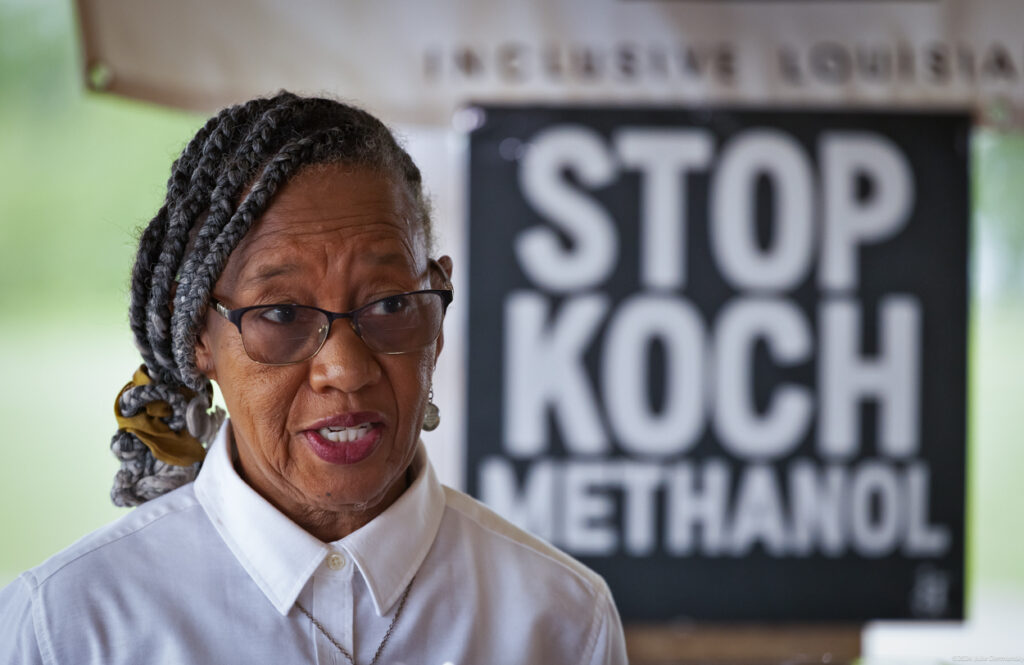The Scam of Global Warming Is That We Pay Others For Our Complacency
The most destructive effect of the carbon offset trade is that it allows us to believe we can carry on polluting
George Monbiot, The Guardian (UK), Jan. 22, 2006
[A] study published last week in Nature showed, to everyone’s astonishment that plants produce methane, a greenhouse gas… But while this study does nothing to threaten global warming theory … it should shake our confidence in one of our favourite means of tackling it: paying other people to clear up the mess we’ve made.
Both through the unofficial carbon market and by means of a provision of the Kyoto protocol called the “clean development mechanism”, people, companies and states can claim to reduce their emissions by investing in carbon friendly projects in poorer countries. Among other schemes, you can earn carbon credits by paying people to plant trees. As the trees grow, they are supposed to absorb the carbon we release when we burn fossil fuels.
Despite the new findings, it still seems fair to say that forests are a net carbon sink, taking in more greenhouse gases than they release. If they are felled, the carbon in the trees and the soil they grow on is likely to enter the atmosphere. So preserving them remains a good idea, for this and other reasons. But what the new study provides is yet more evidence that the accountancy behind many of the “carbon offset” schemes is flawed.
While they have a pretty good idea of how much carbon our factories and planes and cars are releasing, scientists are much less certain about the amount of carbon tree-planting will absorb. When you drain or clear the soil to plant trees, for example, you are likely to release some carbon, but it is hard to tell how much. Planting trees in one place might stunt trees elsewhere, as they could dry up a river that was feeding a forest downstream. Or by protecting your forest against loggers, you might be driving them into another forest. As global temperatures rise, trees in many places will begin to die back, releasing the carbon they contain. Forest fires could wipe them out completely. The timing is also critical: emissions saved today are far more valuable, in terms of reducing climate change, than emissions saved in 10 years’ time, yet the trees you plant start absorbing carbon long after your factories released it. All this made the figures speculative, but the new findings, with their massive uncertainty range (plants, the researchers say, produce somewhere between 10% and 30% of the planet’s methane) make an honest sum impossible.
In other words, you cannot reasonably claim to have swapped the carbon stored in oil or coal for carbon absorbed by trees.
Mineral carbon, while it remains in the ground, is stable and quantifiable. Biological carbon is labile and uncertain. To add to the confusion, to show that you are really reducing atmospheric carbon by planting or protecting a forest, you must demonstrate that if you hadn’t done it something else would have happened. Not only is this very difficult to do, it is also an invitation for a country or a company to threaten an increase in emissions. It can then present the alternative (doing what it would have done anyway) as an improvement on its destructive plans, and claim the difference as a carbon reduction.
* * *
But perhaps the most destructive effect of the carbon offset trade is that it allows us to believe we can carry on polluting. The government can keep building roads and airports and we can keep flying to Thailand for our holidays, as long as we purchase absolution by giving a few quid to a tree-planting company.
www.monbiot.com
© Guardian Newspapers Limited 2006
Subscribe to our newsletter
Stay up to date with DeSmog news and alerts





